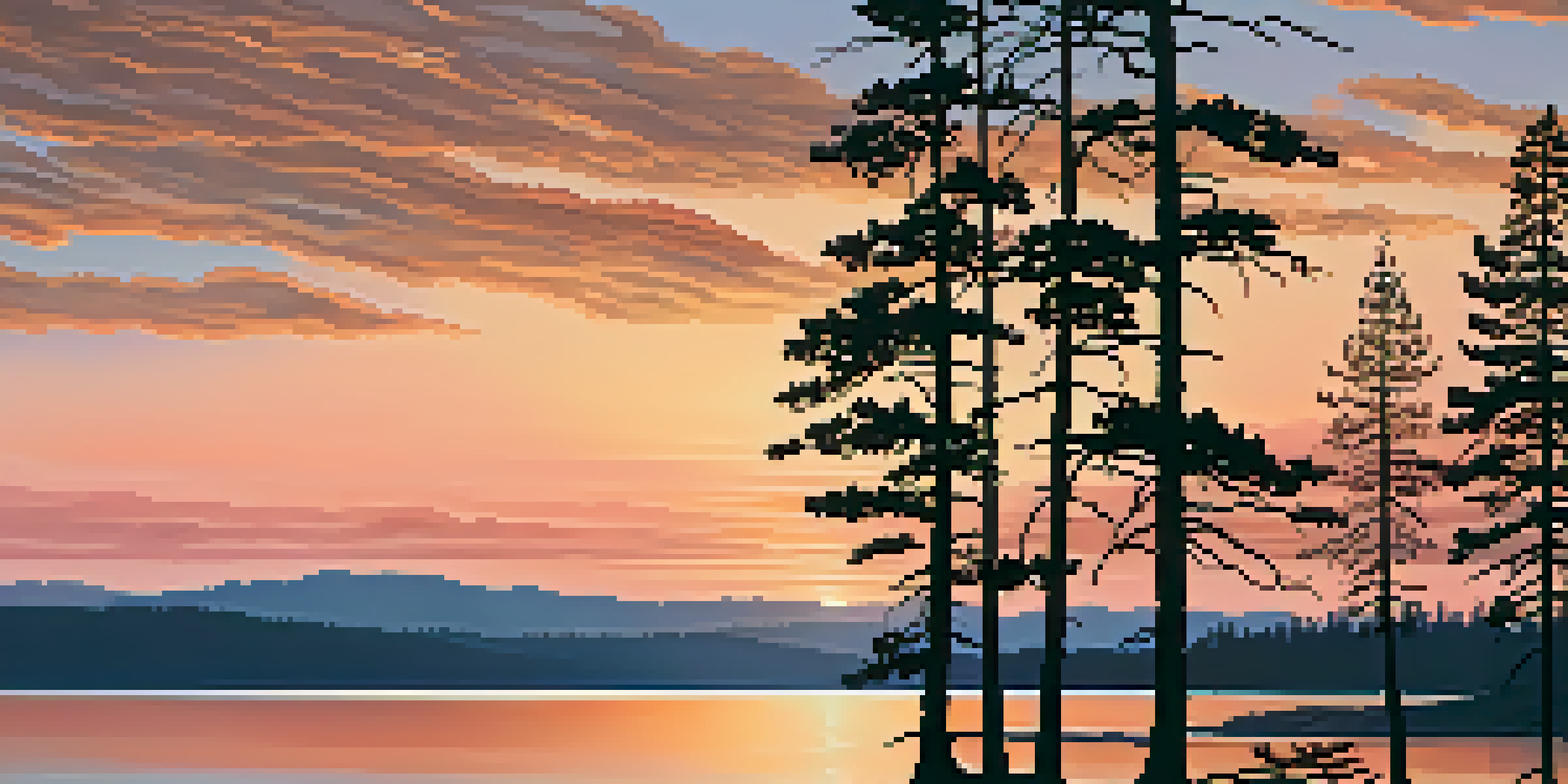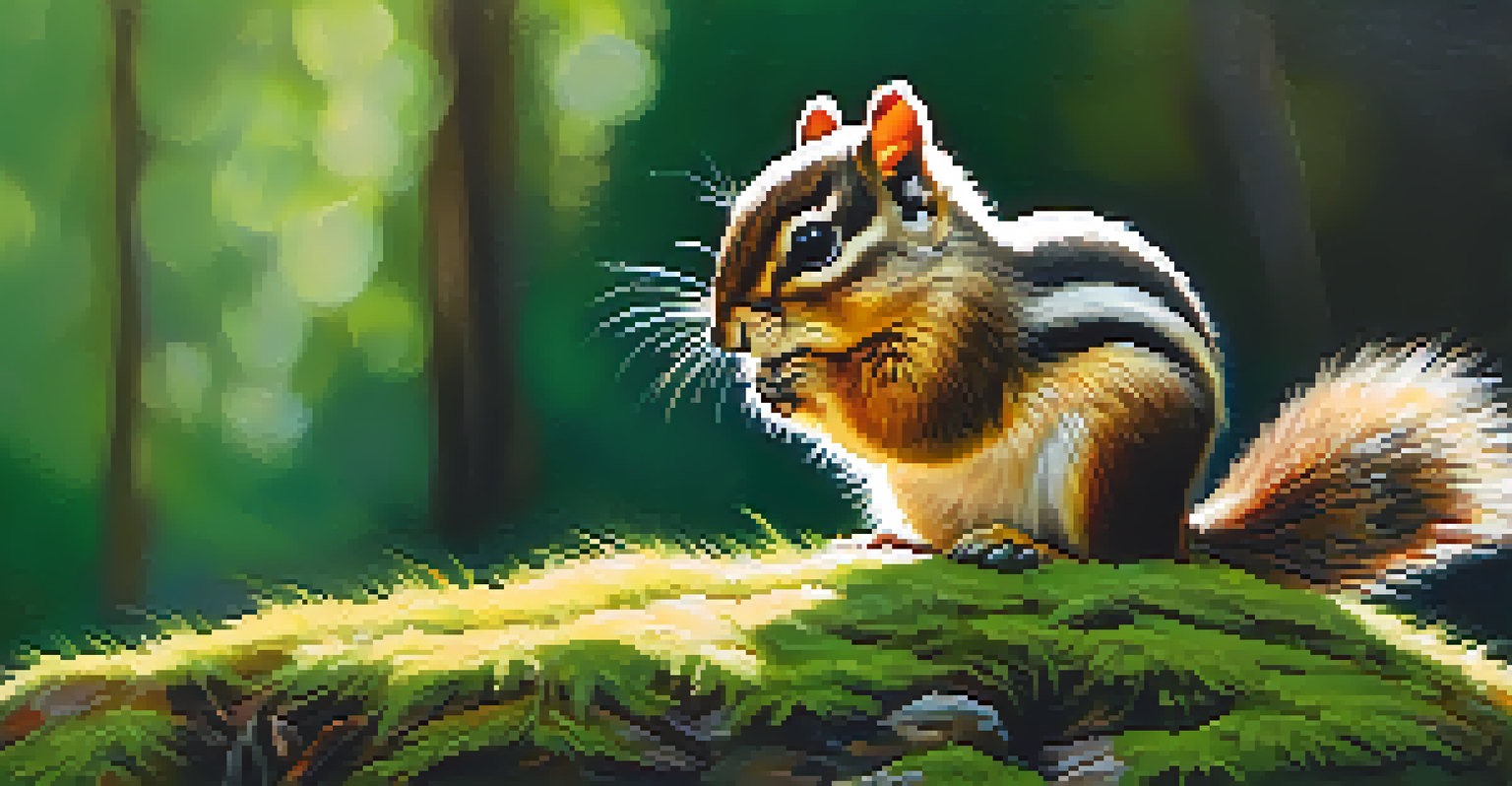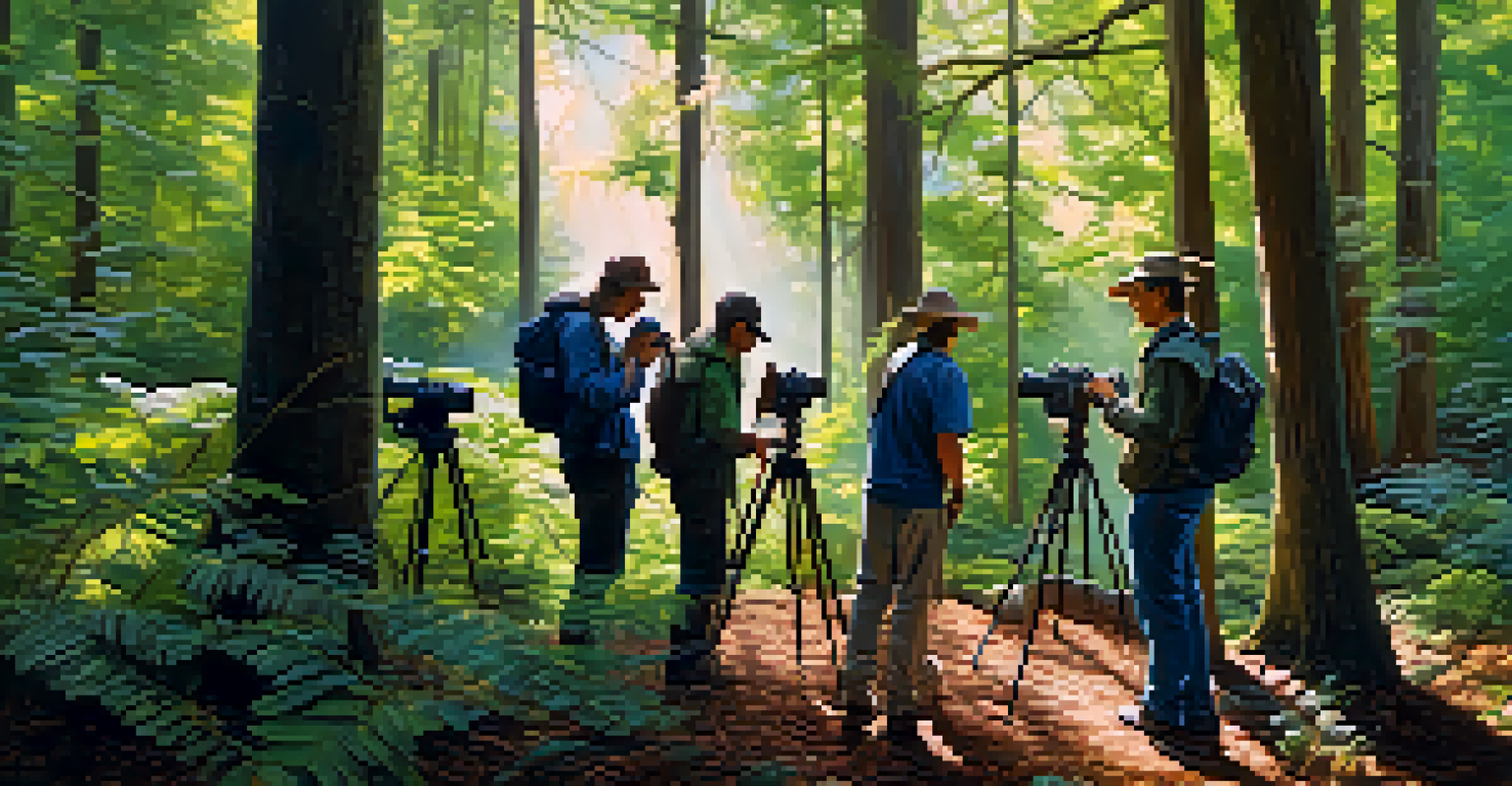Nature Photography Workshops in Big Bear: Capture the Beauty

Discover the Beauty of Big Bear for Photography
Nestled in the San Bernardino Mountains, Big Bear is a paradise for photographers. With its serene lakes, towering pines, and stunning mountain vistas, nature here is nothing short of breathtaking. Whether you're a novice or a seasoned pro, the diverse landscapes provide endless opportunities to capture the magic of the outdoors.
In every walk with nature one receives far more than he seeks.
Imagine standing by the shimmering shores of Big Bear Lake at sunrise, with soft pink hues painting the sky. Each season brings its own charm, from vibrant fall foliage to the fresh white blankets of winter snow. This natural variation not only enhances your photos but also fuels your creativity during each workshop.
Participating in a nature photography workshop in Big Bear allows you to immerse yourself in this beauty while honing your skills. Surrounded by fellow enthusiasts and expert instructors, you can learn to see the world through a different lens, quite literally!
What to Expect from a Nature Photography Workshop
Nature photography workshops typically blend hands-on learning with practical tips. Instructors usually cover essential techniques such as composition, lighting, and camera settings tailored for outdoor settings. Expect to gain insights that can elevate your photography game from simple snapshots to captivating images.

During these workshops, you'll likely venture into various scenic spots, from lush forests to rocky outcrops. Each location offers unique challenges and perspectives, pushing you to adapt and experiment with your technique. This immersive experience makes it easier to apply new skills in real-time, reinforcing what you've learned.
Big Bear: A Photographer's Paradise
With its stunning landscapes and diverse seasons, Big Bear offers endless opportunities for photographers to capture nature's beauty.
Moreover, the camaraderie among participants adds a fun twist to the learning process. Sharing experiences, critiquing each other's work, and celebrating successes create an encouraging environment that sparks creativity. You'll leave not just with beautiful images but also with lasting memories and friendships.
Choosing the Right Workshop for Your Skill Level
When selecting a nature photography workshop, consider your current skill level. Many workshops cater to a range of abilities, from beginners eager to learn the basics to advanced photographers looking to refine their craft. Knowing where you fit helps ensure the experience is both enjoyable and educational.
Photography is the story I fail to put into words.
Beginners might appreciate workshops that focus on fundamental concepts like how to use their cameras effectively and understand exposure. On the other hand, advanced photographers might look for sessions that dive deeper into specialized techniques like long exposure photography or wildlife capturing.
Researching instructors and their backgrounds can also guide your choice. Look for reviews or testimonials from past participants to gauge whether a workshop aligns with your goals. The right fit can make a world of difference in your learning experience.
Essential Gear for Nature Photography Workshops
Having the right gear is crucial for a successful photography workshop. While high-end cameras can produce stunning images, don’t worry if you’re using a more basic model; great shots can come from any camera. The key is understanding what you have and how to use it to its full potential.
Essential equipment typically includes a camera (DSLR, mirrorless, or even a smartphone), a sturdy tripod, and a variety of lenses. A tripod is particularly useful for capturing stable images, especially in low-light conditions or when shooting landscapes. Additionally, consider bringing filters to enhance your photos, like polarizers that reduce glare on water surfaces.
Hands-On Learning in Workshops
Nature photography workshops provide practical tips and immersive experiences that enhance skills and creativity.
Don’t forget about your personal comfort and safety! Dress in layers to adapt to changing weather and wear comfortable shoes. A small backpack can help you carry everything you need without feeling weighed down, letting you focus on capturing those Instagram-worthy moments.
Capturing Wildlife: Tips and Tricks
One of the most thrilling aspects of nature photography is capturing wildlife in its natural habitat. Big Bear is home to various animals, from majestic eagles soaring overhead to playful chipmunks scurrying around. Patience is key when photographing wildlife, as they often don’t pose for the perfect shot.
Understanding animal behavior can significantly improve your chances of getting that incredible photo. Spend time observing your subjects from a distance, and be ready to act when the moment arises. Using a telephoto lens can help you capture close-up shots without disturbing the wildlife, allowing for more natural images.
Remember to respect the animals and their environment. Keeping a safe distance and avoiding loud noises can help ensure that they remain undisturbed. Ethical photography not only protects wildlife but also enhances your experience in the great outdoors.
Editing Your Photos: Post-Workshop Enhancements
Once your workshop concludes, the fun doesn’t have to stop! Editing your photos is an essential step to enhance their quality and bring out the beauty you captured. Familiarize yourself with photo editing software like Adobe Lightroom or Photoshop to make adjustments that can transform your images.
Basic edits might include cropping for better composition, adjusting brightness, and enhancing colors. These simple tweaks can make a significant difference in how your photos are perceived. Plus, learning these skills can help you create a cohesive style that reflects your unique vision as a photographer.
Prepare for Your Workshop Adventure
Familiarizing yourself with your gear and the locations beforehand can significantly improve your experience and the quality of your photos.
Sharing your edited photos on social media or photography forums can also provide valuable feedback. Engaging with a community of fellow photographers allows you to continue learning and inspires you to keep developing your craft long after the workshop ends.
How to Prepare for Your Nature Photography Workshop
Preparation is key to making the most of your photography workshop experience. Before you head out, ensure you’re familiar with your camera and its settings. Spend some time practicing in different lighting conditions, so you feel confident adjusting settings on the fly during the workshop.
It’s also wise to study the locations you’ll be visiting. Researching the best times to shoot at each spot can help you plan for optimal lighting conditions. This knowledge allows you to maximize your time, ensuring you get the best possible shots during your sessions.

Lastly, don’t forget to bring an open mind and a willingness to learn! Every photographer has a unique perspective, and being receptive to different techniques and styles can broaden your own. Embrace the opportunity to explore new ideas and let your creativity flow.